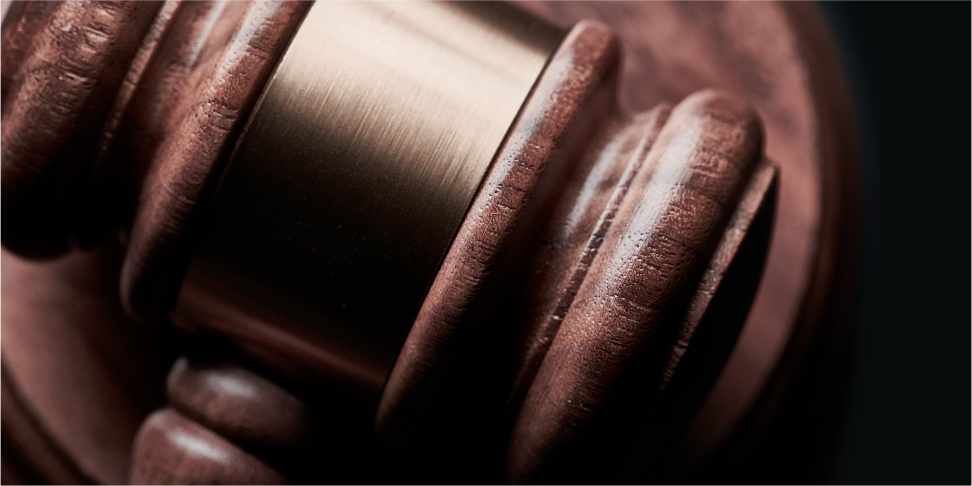Chapter 7 Bankruptcy is another option that can possibly forestall a home foreclosure and lead to a more permanent solution. Upon filing Chapter 7 bankruptcy, the automatic stay goes into effect and stops any creditor from taking an adverse action against the estate. Chapter 7 bankruptcy has the added benefit of eliminating unsecured debt such as credit card bills and medical bills so that a homeowner can dedicate more of their income to their mortgage. However, the laws under Chapter 7 bankruptcy do not have the power to permanently modify or alter the terms of a mortgage. What does this mean? Chapter 7 bankruptcy will provide, at most, a few extra months to qualify for a permanent solution to keep their home.
However, Chapter 7 bankruptcy is a great solution if a client is a good loan modification client but has not given a bank sufficient time to review their financial documents. In this case, a homeowner can file Chapter 7, start renegotiations with their lender while in bankruptcy, and work closely with the bank to ensure a modification before losing the protection of the automatic stay.
However, there are several drawbacks and limitations for choosing Chapter 7. To qualify, you must be below income limitations for your state to satisfy the Means Test. Contact an attorney for those numbers. Additionally, there is the added stigma and possible negative credit effect of filing for bankruptcy. Under current law, a bankruptcy filing can stay on a credit report for up to ten years. This fact deters many homeowners from filing for bankruptcy. However, for the average homeowner already behind on mortgage and debt payments, the credit effect is minimal and should not deter homeowners from weighing their options under Chapter 7.

